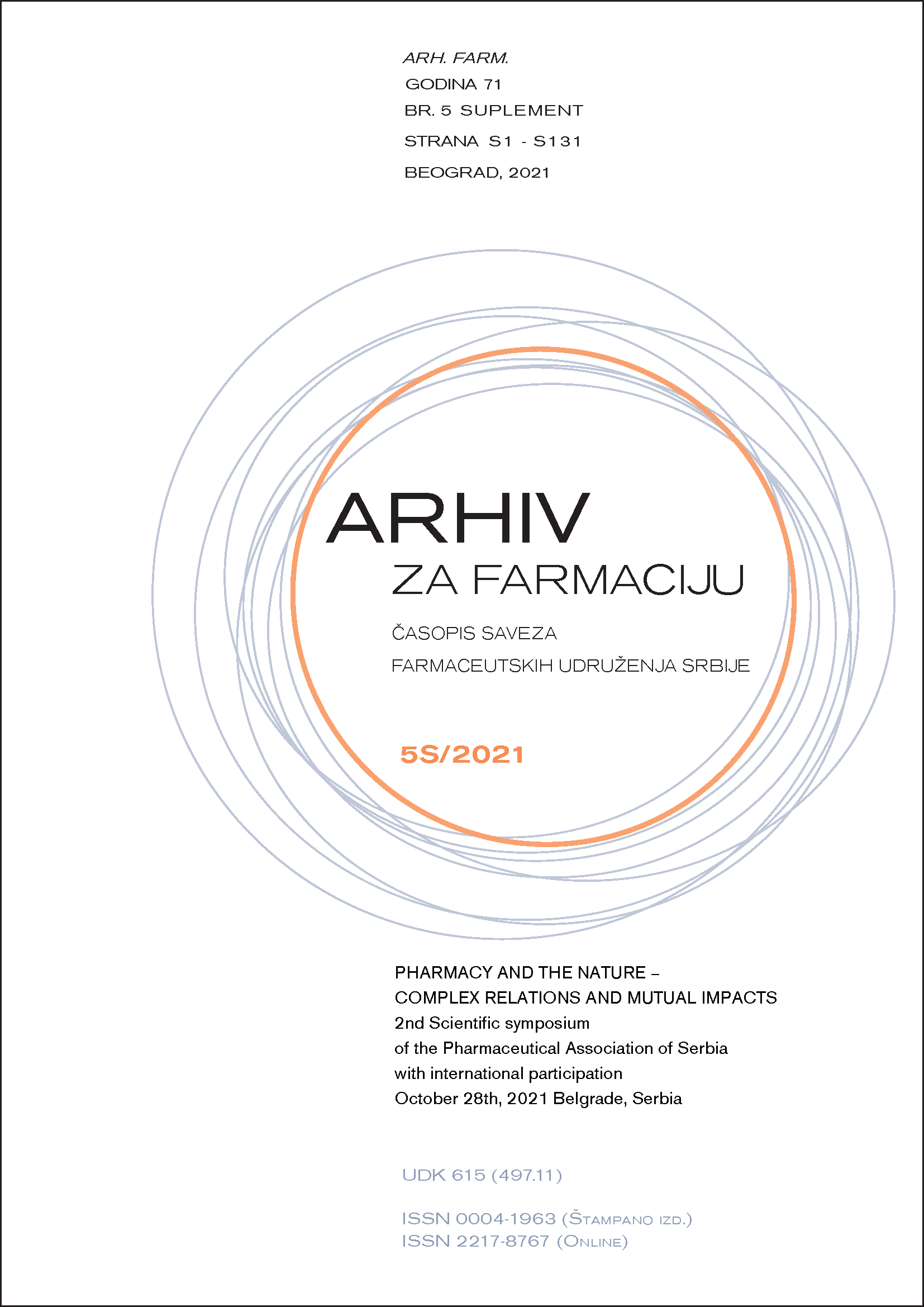USE OF SPORTS SUPPLEMENTS IN OLDER ADOLESCENTS AGED 18-26
Abstract
With the development of modern sports, physical activity becomes an important segment of modern man's life. Along with the development of sports, there is also the development of dietary supplements intended for athletes. Earnings from the sale of sports supplements globally amounted to 13.9 billion US dollars in 2018, with a projected growth of over 35.35 billion dollars by 2025 (1). Previous research indicates that a large part of this market consists of adolescents in the period of late adolescence (aged 18-26). It has been noted that there is not a sufficient level of knowledge about the properties of supplements among the adolescent population (2,3). The aim of this study was to determine the frequency of use of sports supplements in the population of older adolescents, the sources of information they use, as well as knowledge about possible side effects that they could potentially have.
In this research, quantitative nonexperimental, descriptive design was used, with a questionnaire as an instrument. The population of human subjects included adolescents of both sexes who are between 18 and 26 years of age and play sports recreationally or professionally. The participants in the research were selected by the method of random sampling and only those that meet the stated criteria were taken into account. The random sample contains 219 respondents. The research was conducted by distributing the questionnaire via social networks.
Sports supplements are used by 54.8% of respondents, of which 42.5% make the decision on the use of supplements based on the recommendation of the coach in the sports club. As many as 50% of respondents make a decision on their own, most often based on information from the Internet. Only 2.5% of subjects consulted a physician or pharmacist before using these preparations. Almost 36% of respondents believe that supplements for athletes cannot cause any side effects.
The results of the research indicate that the population of older adolescents is insufficiently informed about the risks of using sports supplements. It is also necessary to carry out systematic activities to educate young people about the proper use of supplements and possible risks. Pharmacists have a high level of professional knowledge in this field and are already involved in educational activities for end users of supplements, but a need arises to make their knowledge even more accessible.

